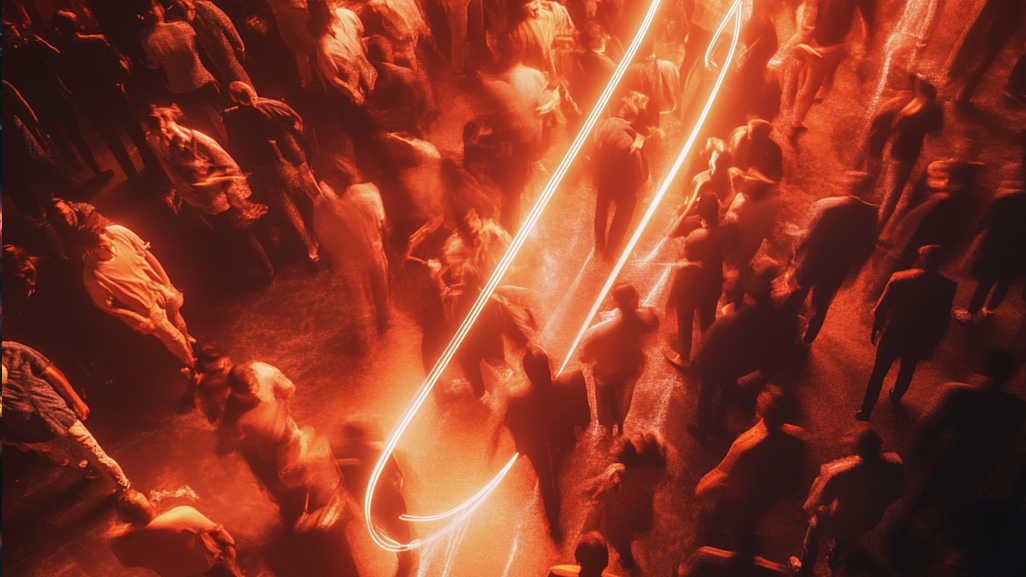There’s a Blindspot Between Reservations and POS
You’ve got systems for who walks in and what they spend, but what happens between those moments is critical.

Every venue has a heartbeat, but most are only hearing half of it.
Most venues have a good handle on who walks in the front door. They’ve got a system for that: reservations.
They also know what was sold and what’s left in stock. They’ve got a system for that too: the POS.
But what happens between those two systems? There's money hiding there. Between check-in and departure, every guest goes through hundreds of interactions (some great, some painful, most invisible to management).
The Hidden Middle: What You’re Missing Every Night
As the old adage goes, you can't manage what you cant measure. Between your reservation system and your POS lies the most important part of your operation: the service experience. In our experience, this is where most venues lose time, money, and data.
Here’s what typically goes unseen:
Upsell opportunities
Your team might think they’re offering the upsell, but without recording upsell against a benchmark, you don’t really know. How many tables could have gone from one bottle to two? Which staff member made that leap and who did not?
Knowing who sells the most, who moves quickest, and who gets mentioned by name helps you build your dream roster and put them on your biggest nights.
Service speed.
Guests don’t feel “slow systems”, they feel slow service. When an order takes 10 minutes longer than it should, momentum dies and the party wanes.
Many venues focus on the first bottle. This is a mistake: the first and second bottle are separated by 6-7 orders for ice, mixers and glasses. If you don't nail the delivery of those service items, you'll run out of time for the second bottle.
By tracking turnaround times, you can see exactly where the bottlenecks emerge and how to better anticipate them.
Average table requirements.
Every table has a rhythm. When you know what each group typically consumes, you can prepare smarter and serve faster, turning “good enough service” into predictable outperformance.
Guest preferences & feedback.
Your guests remember how they were treated, especially when it’s personal. That “Belvedere with soda, no lime” or “don’t seat them near the DJ booth” shouldn’t live in someone’s memory or a random group chat. Capturing and acting on those memories is how you build loyalty.
Guest Churn.
You might know last night’s headcount, but do you know how many of them came back? Frequency and spend data reveal your regulars but also who stops coming and when they changed their feelings about your venue.
Incidents.
Ever asked which groups, tables, servers lead to the most incidents? You might find there’s a pattern that you can better anticipate and take some of the pressure off your team.
The Real Problem: Systems That Don’t Talk
Standard POS and booking systems were built for restaurants and bars — not for bottle service. They do fine at counting covers and closing tabs, but they completely miss the chaos of a live VIP floor. Things like:
- Split-second decisions to swap tables.
- Changing spends and package inclusions
- Untracked requests
- Unrecorded guest preferences
So, teams fill the gap with group chats, spreadsheets, and radio chatter. That patchwork might keep the night running, but it hides the data you need to improve it.
That’s the blindspot. That’s exactly why DQ exists.
Purpose Built For Bottle Service
It’s not a restaurant system pretending to fit your world. DQ is designed around how VIP teams should actually work. It keeps servers, bussers, and managers synced in real time by managing:
- Booking approvals, order management and spend tracking
- Real-time updates for servers, bussers, and managers
- On-floor coordination Whether you’re managing the floor, serving guests, or coordinating staff, DQ keeps the entire business moving.



